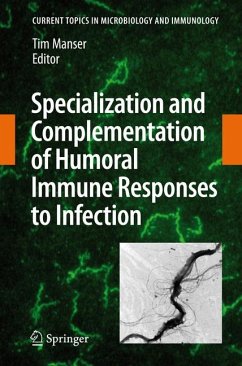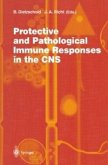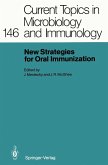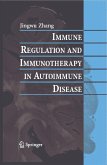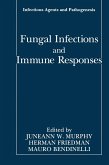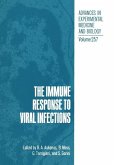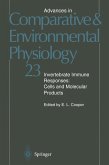In recent years the results of past studies on T cell dependent and T cell independent antibody responses have coalesced with discoveries regarding the roles of various primary B cell subsets and components of the innate immune system in conferring resistance to infectious pathogens. As a consequence, a new and more complete understanding of how antibody-mediated resistance to pathogens is elaborated has emerged. The recent explosion of knowledge of Toll-like receptor specificity and function has further embellished this understanding. It is now clear that there is not only extensive overlap and cross-complementarity in the action of innate and adaptive immune systems, but also specialization of function of the various B cell subsets and the types of antibodies they produce. This synergistic interaction of multiple components of these systems is perhaps best exemplified in antibody responses to bacteria. Contributions to this monograph were chosen to highlight this new perspective on antibody responses to infection, as well as to convey its practical implications, such as for contemporary vaccine design.
Dieser Download kann aus rechtlichen Gründen nur mit Rechnungsadresse in A, B, BG, CY, CZ, D, DK, EW, E, FIN, F, GR, HR, H, IRL, I, LT, L, LR, M, NL, PL, P, R, S, SLO, SK ausgeliefert werden.

